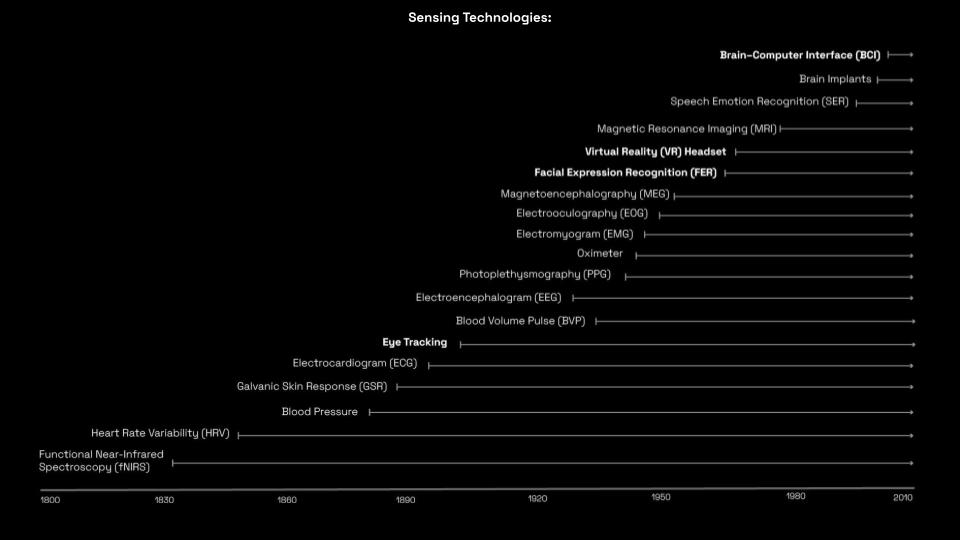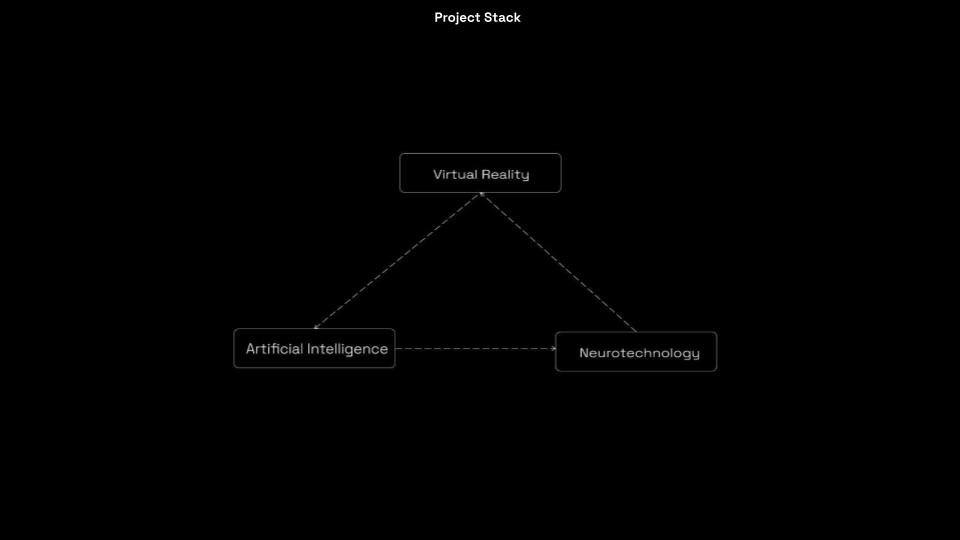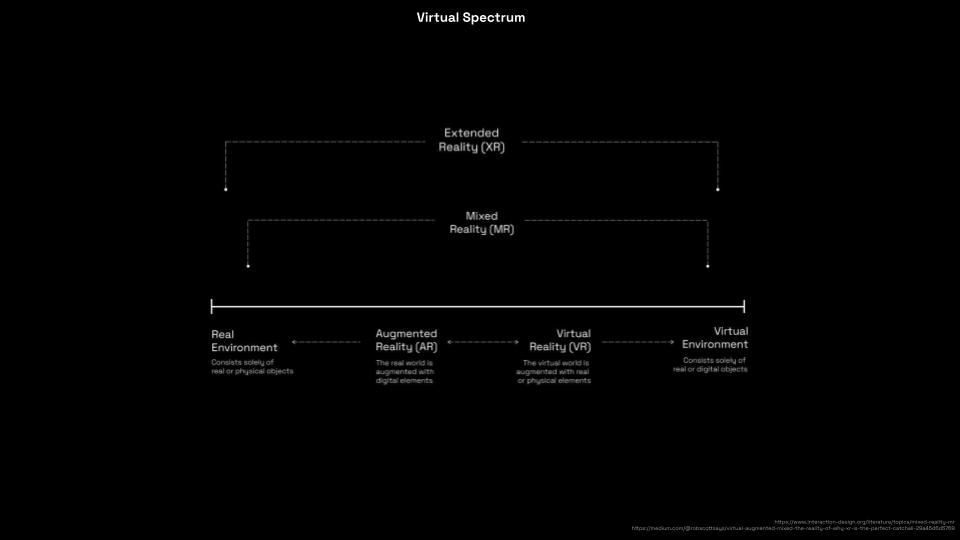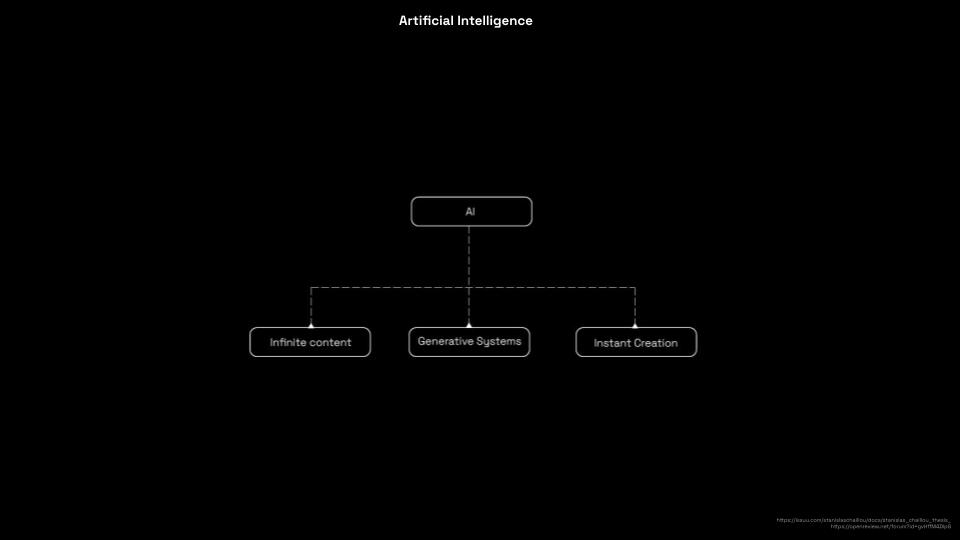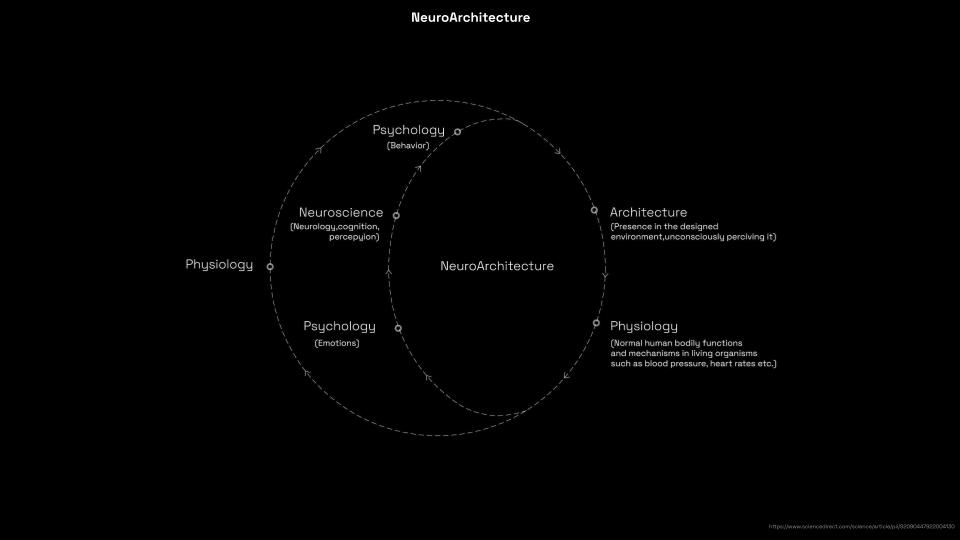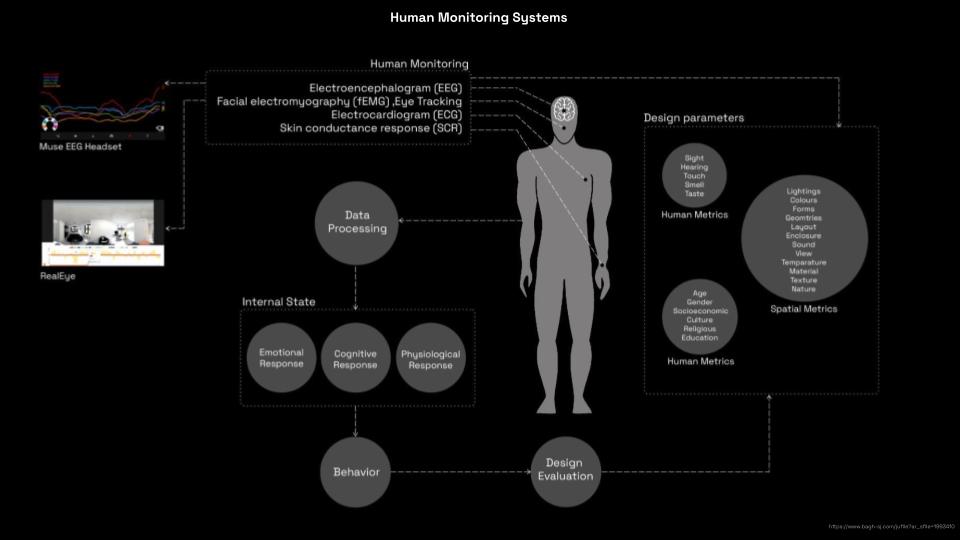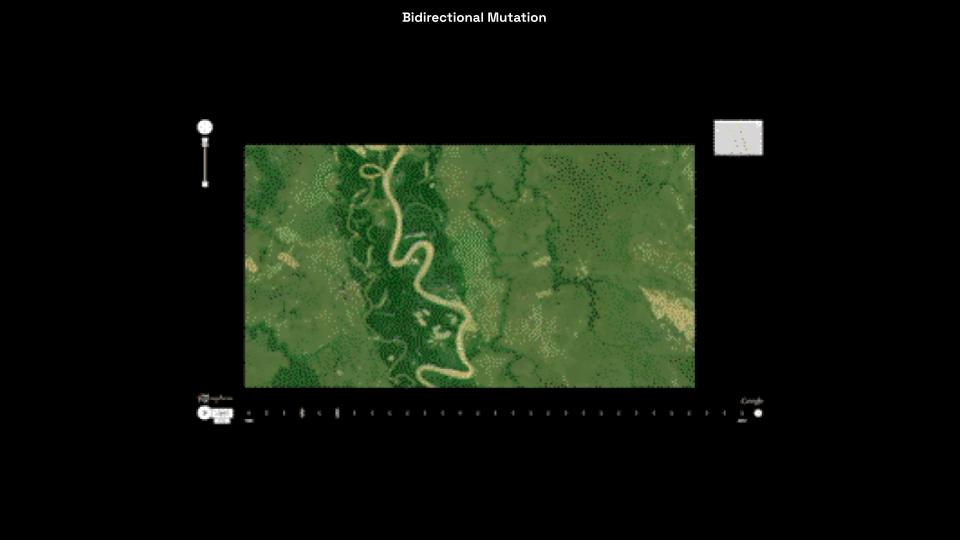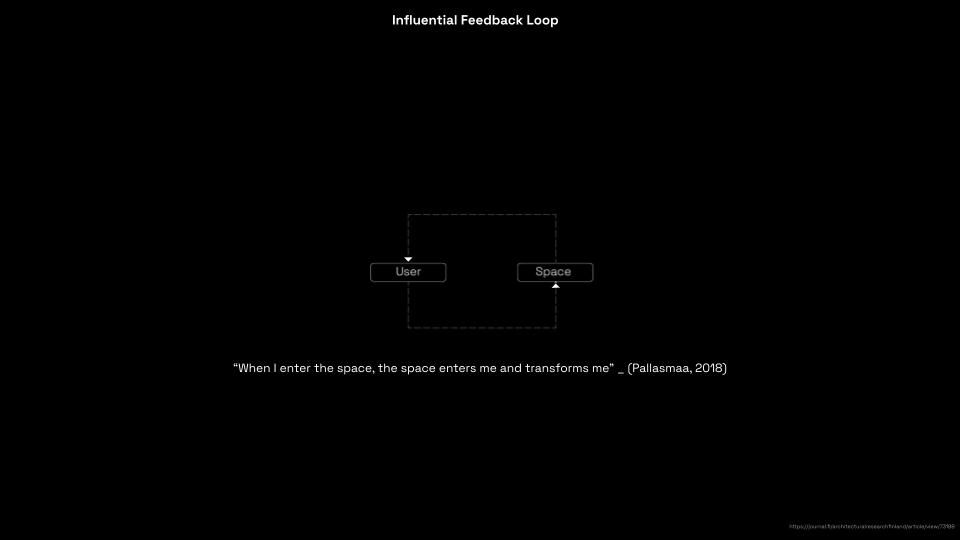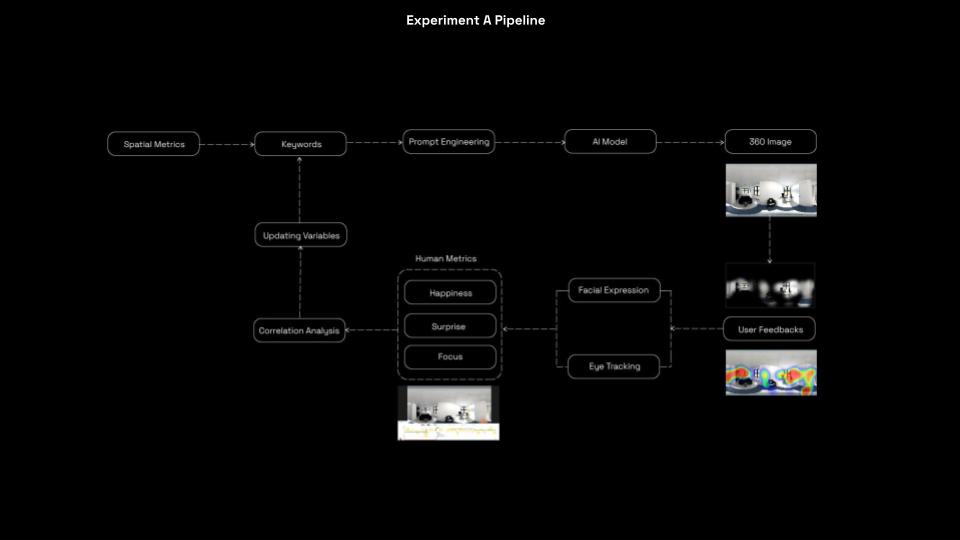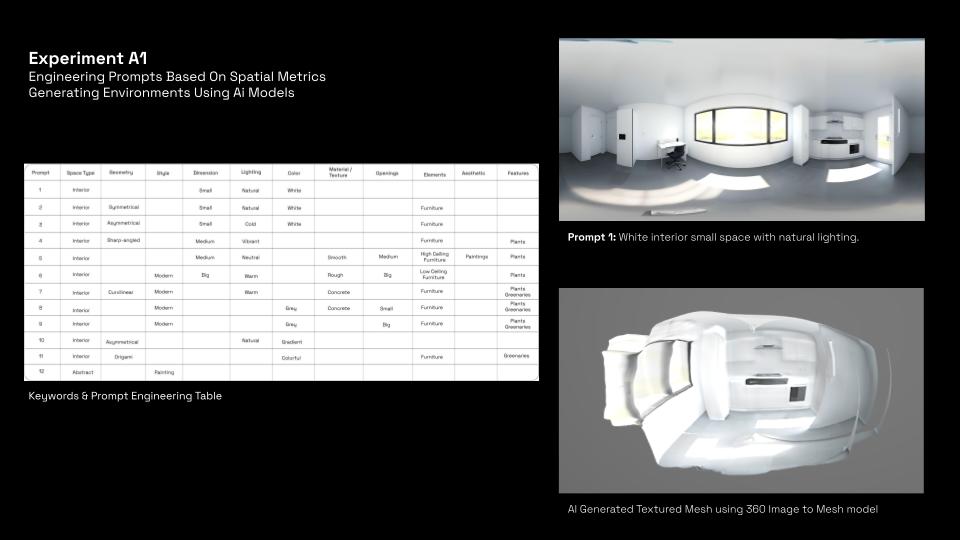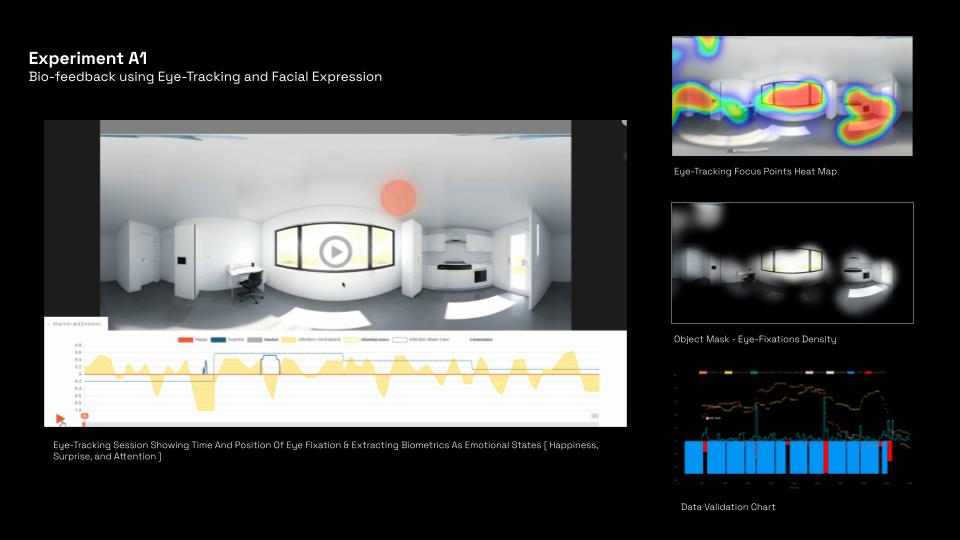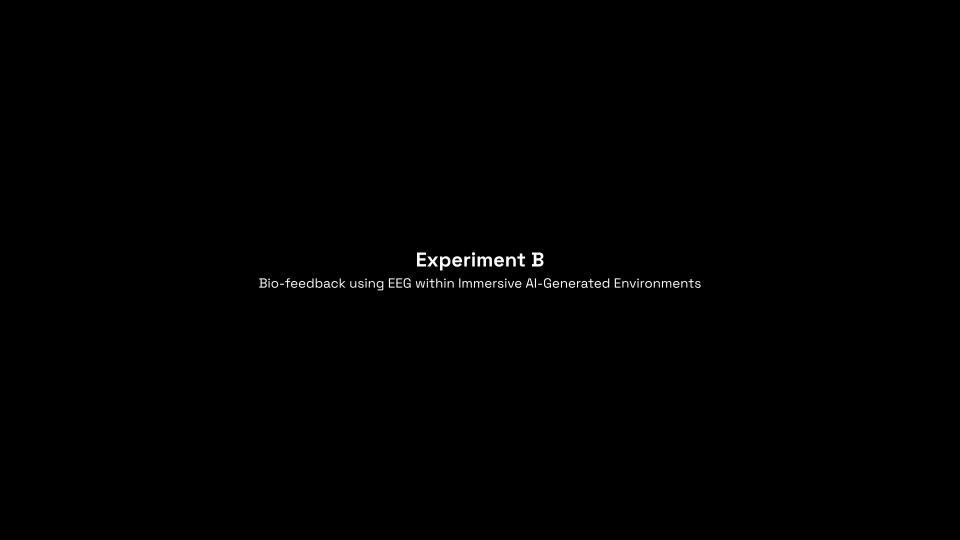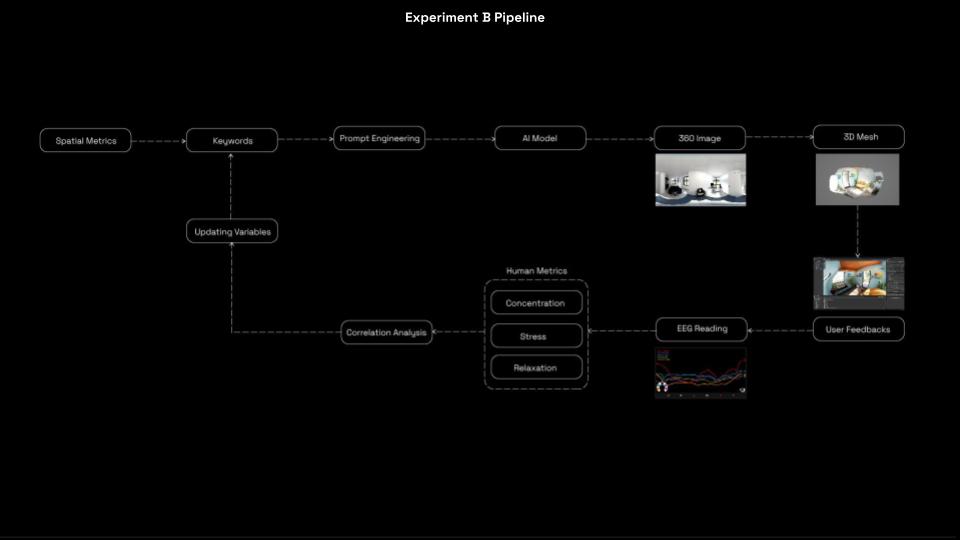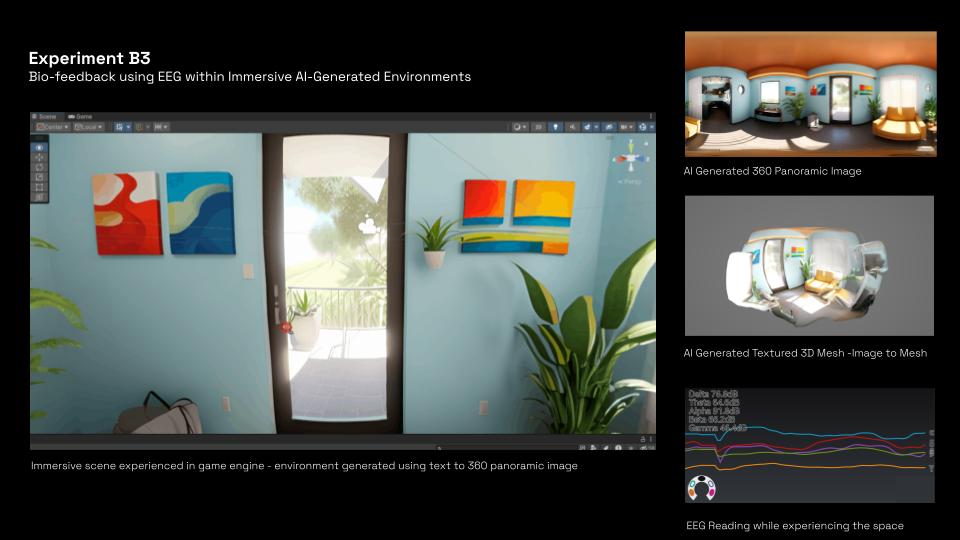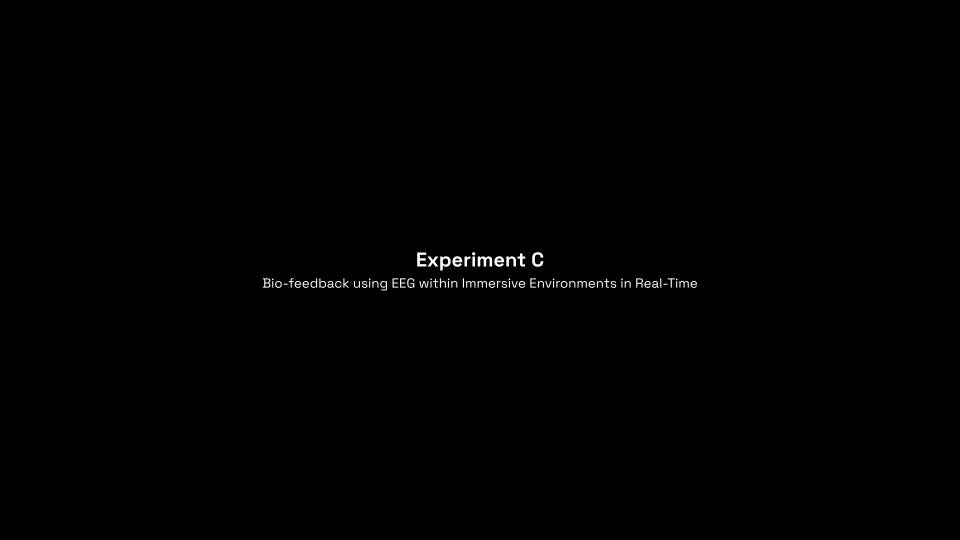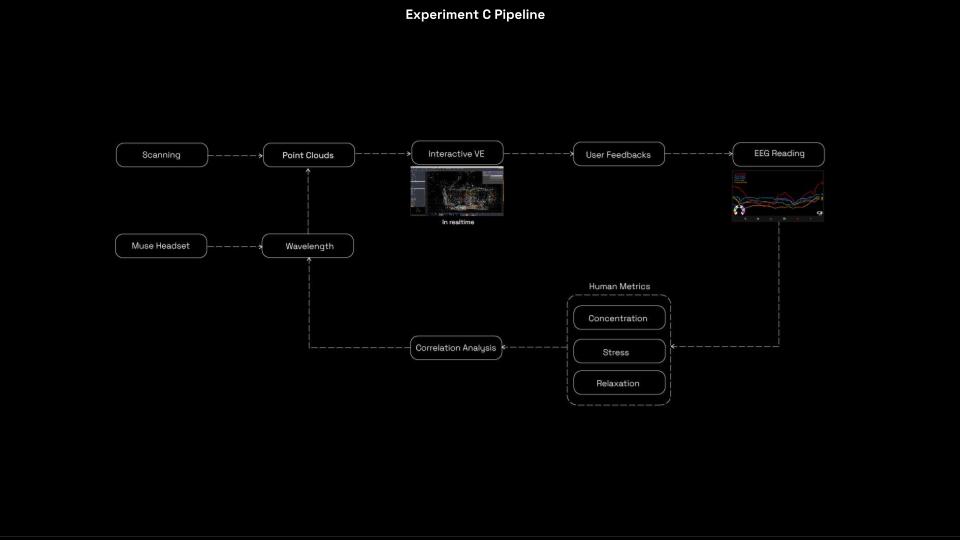Our surroundings influence our cognitive-emotional processes and shape our physical, psychological, and social well-being in a variety of ways on a daily basis. This paper delves into the complex interaction between our mental states and surroundings, examining the urgent need to reimagine spaces as interactive, adaptive, infinite spatial content, and user-centric entities promoting mental well-being. The study proposes a solution in the form of User-Centric Adaptive AI-generated Virtual Neuroarchitecture (UCAAVN), a novel approach to designing spaces that seamlessly blend the physical and virtual realms. UCAAVN aims to create dynamic spatial experiences that adapt dynamically to users’ emotional and cognitive states in real-time by leveraging the power of virtual reality (VR), artificial intelligence (AI), and neurotechnology . This paper discusses the potential of UCAAVN to revolutionize the way we approach mental health in an era dominated by virtual experiences, providing a game-changing avenue for designing healthier and more engaging environments.


